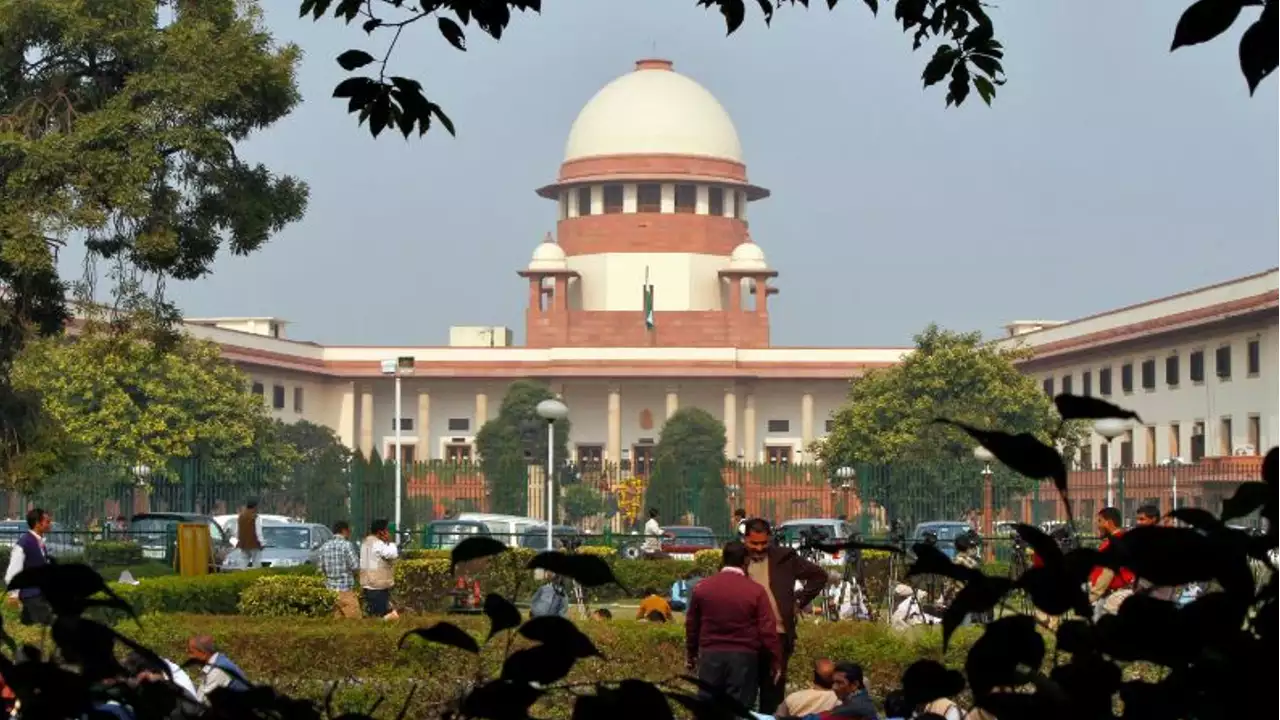The duel between the two rights got clearly delineated on the final day of hearings before a bench of Chief Justice D Y Chandrachud and Justices Sanjiv Khanna, Bhushan R Gavai, J B Pardiwala and Manoj Misra, with solicitor general Tushar Mehta contending, “The right of a citizen to know how political parties are being funded must be balanced against the right of people to maintain privacy of their political affiliations.”
SC raises concerns about lack of transparency in Electoral Bonds scheme; govt backs privacy
Building on SC’s own order in Puttaswamy case where it added right to privacy to the charter of fundamental rights, Mehta said, “No right can be absolute and unqualified and the right to know is no different. Right to know would be required to be balanced against the equally fundamental right to privacy. Political self-expression, either through voting or donations to one’s preferred party or candidate, lies at the heart of the zone of privacy which the government is constitutionally obligated to respect. Therefore, any inroad into this private zone could be made only upon some compelling interest being demonstrated.”
Attorney general R Venkataramani steered clear of the intense debate over validity of electoral bond scheme, its alleged opacity and voters’ right to know the source of political funding to ask a simple question to the bench: Can the SC, in exercise of its constitutional powers, create a mechanism for political funding?
Assisting the court by explaining the legislative and executive play involved in framing a scheme best suited to curb black money in electoral system, the AG said electoral reforms involved several components that were judicially imponderable, including a maze of social, economic and political considerations. “Can the court comprehend the entirety of the play of these components and judicially determine a mechanism to be followed so far as funding of political parties are concerned? In my view, it should leave it to the legislature where political parties could debate and arrive at a system or scheme that best meets the challenges of the situation,” he said.
“Can the Supreme Court, using its constitutional powers, prescribe the mode of political donations and prescribe its limits and regulatory mechanism? It is beyond the scope of judicial comprehension,” the AG said, adding that many do not like capitalism, but when asked to suggest alternative, they draw a blank.
CJI Chandrachud said the court was concerned about voters’ right to know sources of funding of political parties and was testing whether electoral bonds violated such a right. “Finding a right in the Constitution does not amount to foraying into the legislative or executive domain. We are only testing the validity of the existing framework,” he said.
Appearing for the petitioners, advocate Kapil Sibal, Prashant Bhushan and Vijay Hansaria said the opacity of electoral bonds not only violated voters’ right to know sources of funds, the non-transparent nature of the scheme allowed the ruling dispensation to get enriched disproportionately & use that money power to prolong their stay in office.
The AG said, “The scheme extends benefit of confidentiality to the contributor. It ensures & promotes clean money being contributed. It ensures abiding by tax obligations. Thus, it doesn’t fall foul of any existing right. A constitutional court reviews state action only if it impinges upon existing rights and not because state action hasn’t provided for a possible right or an expectation, however desirable.”
The SG explained the rationale behind confidentiality attached to donors and donations through electoral bonds while stressing the constant endeavour of successive governments to try to rid the electoral system of illicit money.
“This aim could be achieved only if informal cash economy were to be converted into a digital payments economy. However, to convince citizens to make the transition, it was necessary to incentivise the same.
The anonymity requirement of the scheme is that incentive, and it has a rational relation with the goal of encouraging people to use banking channels and reducing black money,” Mehta said.
“Confidentiality ensures donations can be made to parties not in power without fear of reprisals. The requirements further public interest, ensure fair polls and balance the right to know with competing requirements,” he added.
Appearing for the petitioners, advocate Kapil Sibal, Prashant Bhushan and Vijay Hansaria said the opacity of electoral bonds not only violated voters’ right to know sources of funds, but allowed the ruling dispensation to get enriched disproportionately.
